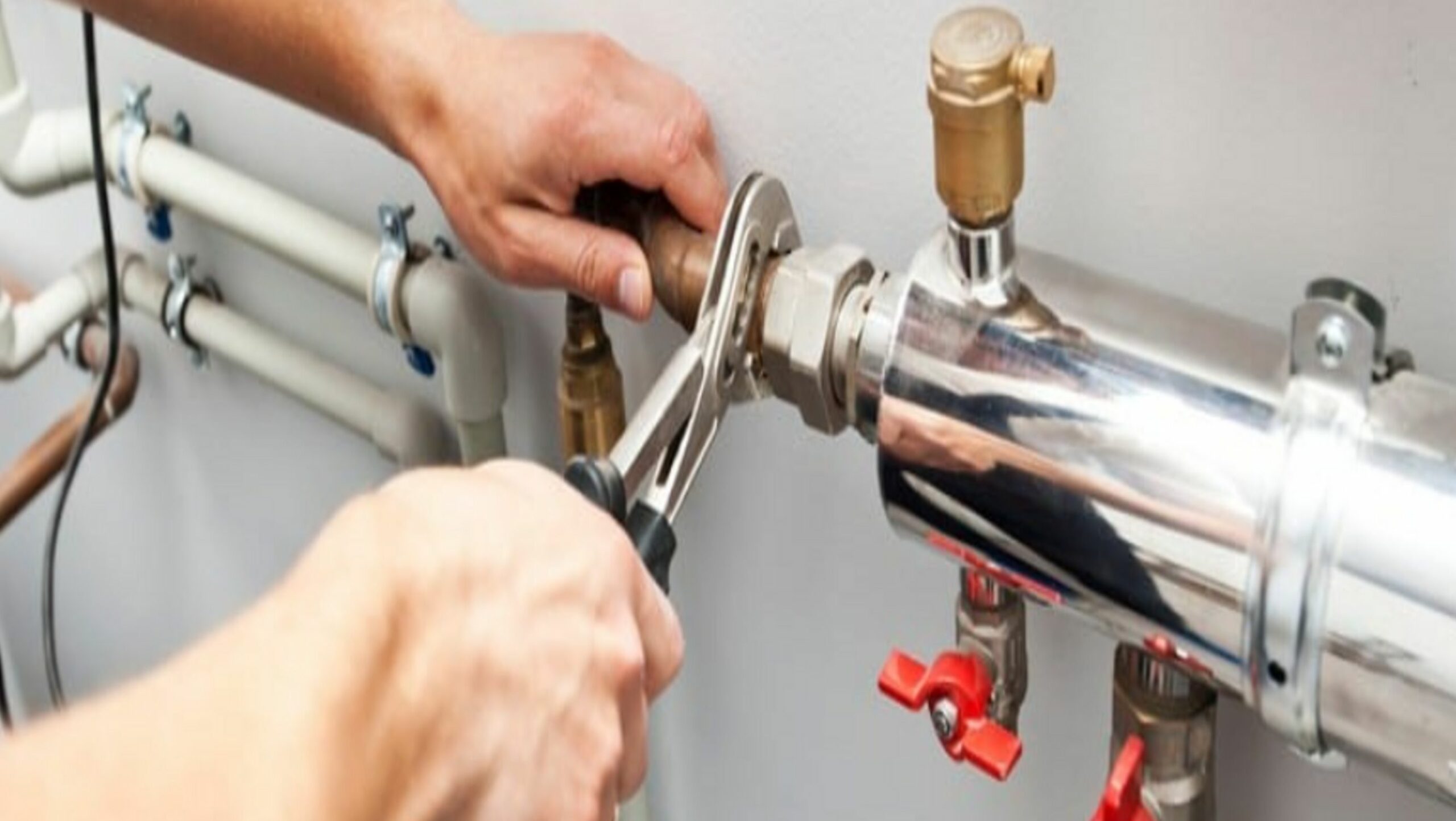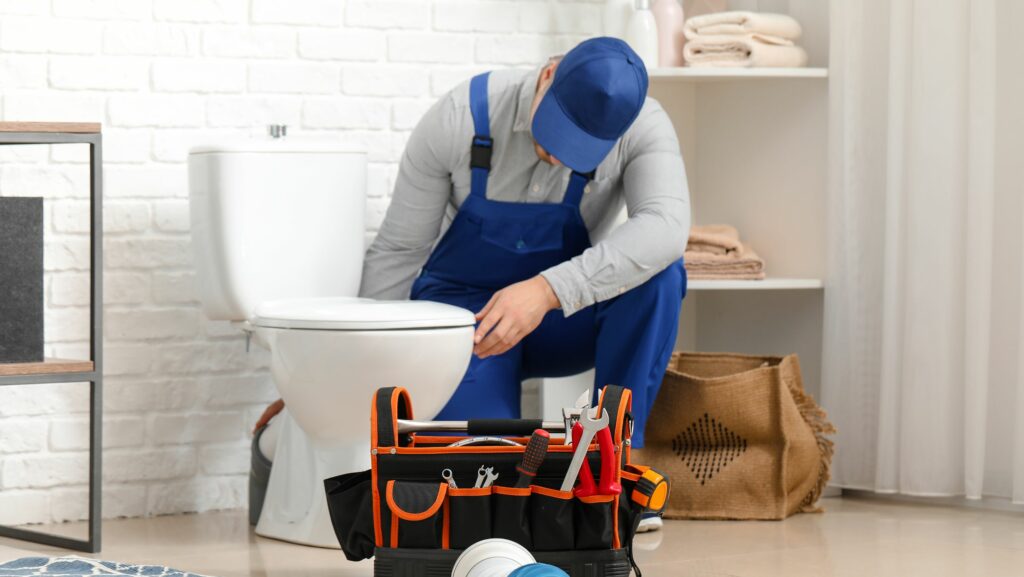It usually starts with something small. A gurgle from the sink, water taking just a little longer to disappear down the drain, or a faint rattling sound when you turn on the tap. These small signs are easy to brush off, but they can often point to bigger issues beneath the surface. Knowing when to take action — and when to call a plumber central coast residents trust — can save you from costly repairs and unexpected emergencies.
Why Small Issues Matter
Plumbing systems are designed to keep water moving efficiently and safely. When something changes — whether it’s sound, speed, or smell — it’s often the system’s way of signalling a problem. Ignoring these early warnings can allow minor issues to grow into expensive repairs. A slow drain today could mean a total blockage tomorrow. That unusual noise might be a small air pocket — or the start of a pipe under pressure.
Catching problems early means less disruption to your home and fewer surprise bills later on.
Strange Sounds You Shouldn’t Ignore
Water should flow quietly. If you’re hearing anything unusual, pay attention:
- Gurgling drains: Often caused by trapped air in the pipes, this could signal a developing blockage.
- Rattling pipes: Sometimes called “water hammer,” this happens when water pressure is too high or pipes aren’t properly secured. Left unchecked, it can damage joints and fittings.
- Whistling taps: Usually a sign of worn washers or valves that need replacing.
- Constant running water: If the toilet seems to never stop refilling, it may be wasting litres of water every day.
These sounds may seem harmless, but they’re warning signals worth investigating.

Slow Drains and Standing Water
One of the most common plumbing complaints is a slow-draining sink or shower. It might seem like a minor inconvenience, but it’s often a sign of:
- Hair or soap build-up
- Food scraps and grease in the kitchen sink
- Tree roots invading outdoor pipes
- Partial blockages further down the line
Left untreated, these small clogs can grow until water backs up completely. A persistent bad smell is another clue that waste is building up where it shouldn’t.
Low Water Pressure
If your shower feels more like a trickle than a flow, it could be more than just a minor annoyance. Low water pressure may be linked to:
- Mineral build-up in pipes
- Leaking joints
- Hidden pipe damage
- Issues with the main water supply
While one slow tap might point to a local issue, pressure problems throughout the house usually mean something more serious.
Stains, Dampness, and Mould
Sometimes plumbing problems show up in places you don’t expect. Keep an eye out for:
- Brown stains on ceilings or walls: Possible leaks from hidden pipes above.
- Damp patches on floors or carpets: Could be a leaking pipe beneath the surface.
- Mould or mildew: Often a sign of ongoing moisture from leaks or poor ventilation.
These issues don’t just damage your home — they can also affect air quality and health if ignored.
When Smells Are a Warning
A fresh home shouldn’t smell unpleasant. Foul odours can point to plumbing issues such as:
- Dry drain traps allowing sewer gas back into the home
- Blockages causing waste build-up
- Damaged seals around toilets or drains
Smells are often one of the earliest clues that something’s wrong.
DIY Fix or Call in the Experts?
It’s tempting to reach for store-bought drain cleaner or try a quick fix. Sometimes, that’s fine — plunging a minor clog or replacing a washer can be simple and effective. But many issues run deeper than they appear.
Signs you should call a professional include:
- Repeated blockages that keep coming back
- Noises that grow louder or more frequent
- Water leaks you can’t trace
- Low water pressure throughout the home
- Persistent odours despite cleaning
A professional plumber has the tools to diagnose and fix the root of the problem, not just the symptom.
Preventing Problems Before They Start
The best plumbing repair is the one you never need. A few habits can go a long way:
- Avoid pouring fats or oils down the sink
- Use drain strainers to catch hair and debris
- Run hot water after washing dishes to clear soap residue
- Have your pipes inspected if you live in an older home
- Check outdoor drains and gutters regularly to prevent blockages
These small steps help keep water flowing smoothly and extend the life of your system.
Protecting Your Home (and Your Budget)
Plumbing issues rarely fix themselves. The sooner you act, the less damage they’re likely to cause. What seems like a minor inconvenience today — a slow drain, a strange sound, or a damp patch — could become a flooded bathroom or damaged walls tomorrow.
By paying attention to the warning signs and seeking expert help when needed, you’re not just fixing pipes — you’re protecting your home, your comfort, and your peace of mind.
